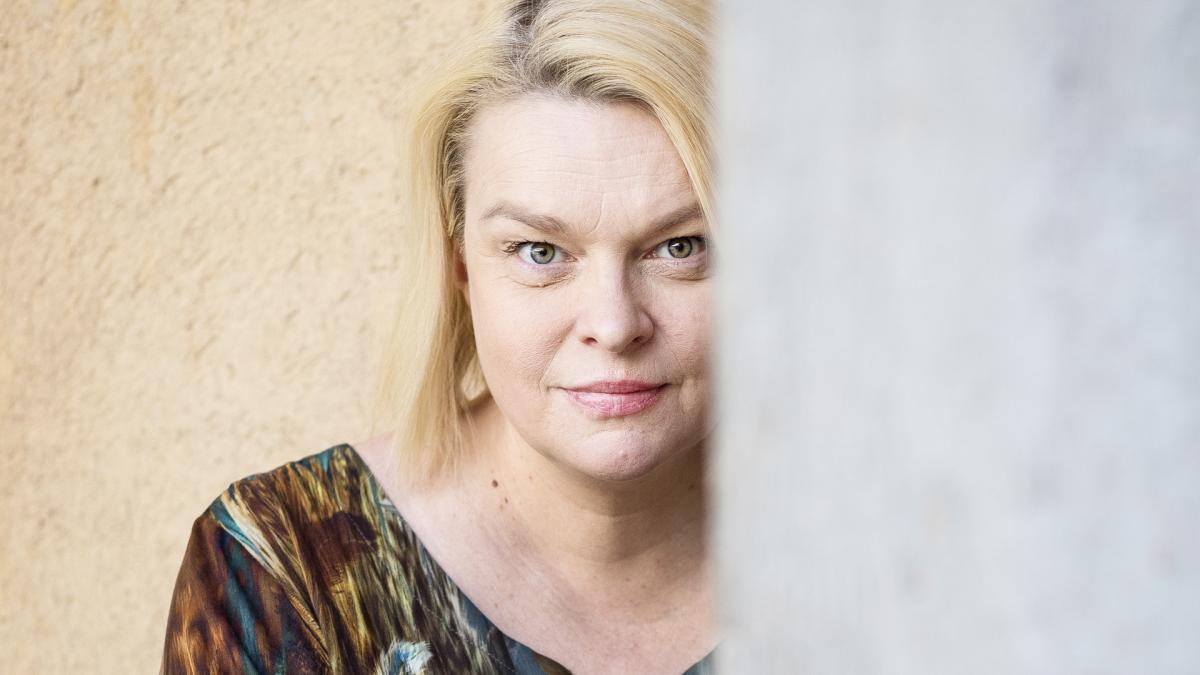Column by Elina Knihtilä: #metoo did not make the world complete
Young artists are now considering the ethics of their work in a completely different way than before, writes Professor of Acting, Elina Knihtilä.

In March, I took part in a panel debate on sexual harassment in the workplace. Many participants prefaced their comment by saying “Now that the discussion is already fading somewhat…”. I wanted to jump up from my chair and shout “It is not!” Because I hope and believe that the debate about sexual harassment, assault and the misuse of power sparked by the #metoo movement of 2017, is only just beginning.
I studied to become an actor at the Theatre Academy in the early 1990s. Since then, both the education itself and society as a whole have undergone a massive change. This winter I have been following the debate on abuse of power with a sense of relief: we are finally talking about this!
In the theatre and cinema industries, the debate has already expanded from sexual harassment and assault to reflect on how the arts could better promote diversity. For a long time, art has told the stories of those in power. The debate is welcome: the ability to identify hierarchies enables us to tell the stories of those who have no power in society.
Today’s young artists are pondering the ethics of their artistic processes and works of art in a completely different way than what was the case during my studies. Working methods do make a difference, because the creation of a film or a theatre performance is above all a collaborative endeavour. The end no longer justifies the means, even if art is made with the end result in mind.
As a Professor, I myself wield power. The discussion that is now taking place makes me look in the mirror too. What kind of power do I use in my work or my public appearances? The crucial thing is to identify your own blind spots: my own background strongly determines my values. The discussion about harassment, assault and the abuse of power is only just beginning because it is not just a tick-the-box-andmove-on type of issue. Processing the individual cases that have come to light, or putting good practice into place to prevent harassment in the future are not enough. We must make analysing the use of power a part of our everyday working culture.
The most important takeaway from the discussion so far is that the power structures have become visible. Only when visible they can be evaluated and challenged. For this, artistic education has to offer tools. Transparency requires constant maintenance – and this applies in equal measure to art, art education and other areas of society.
Elina Knihtilä
Actor and Professor of Acting
The text has originally been published as part of Uniarts Helsinki’s annual report.